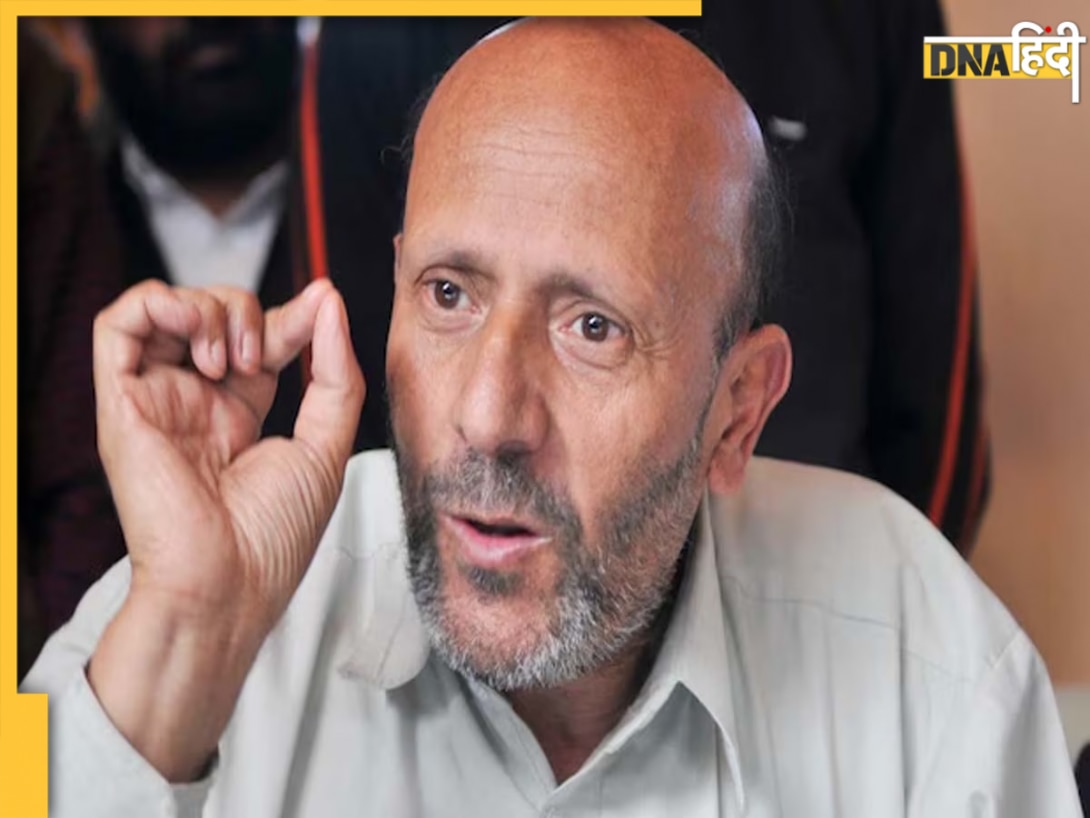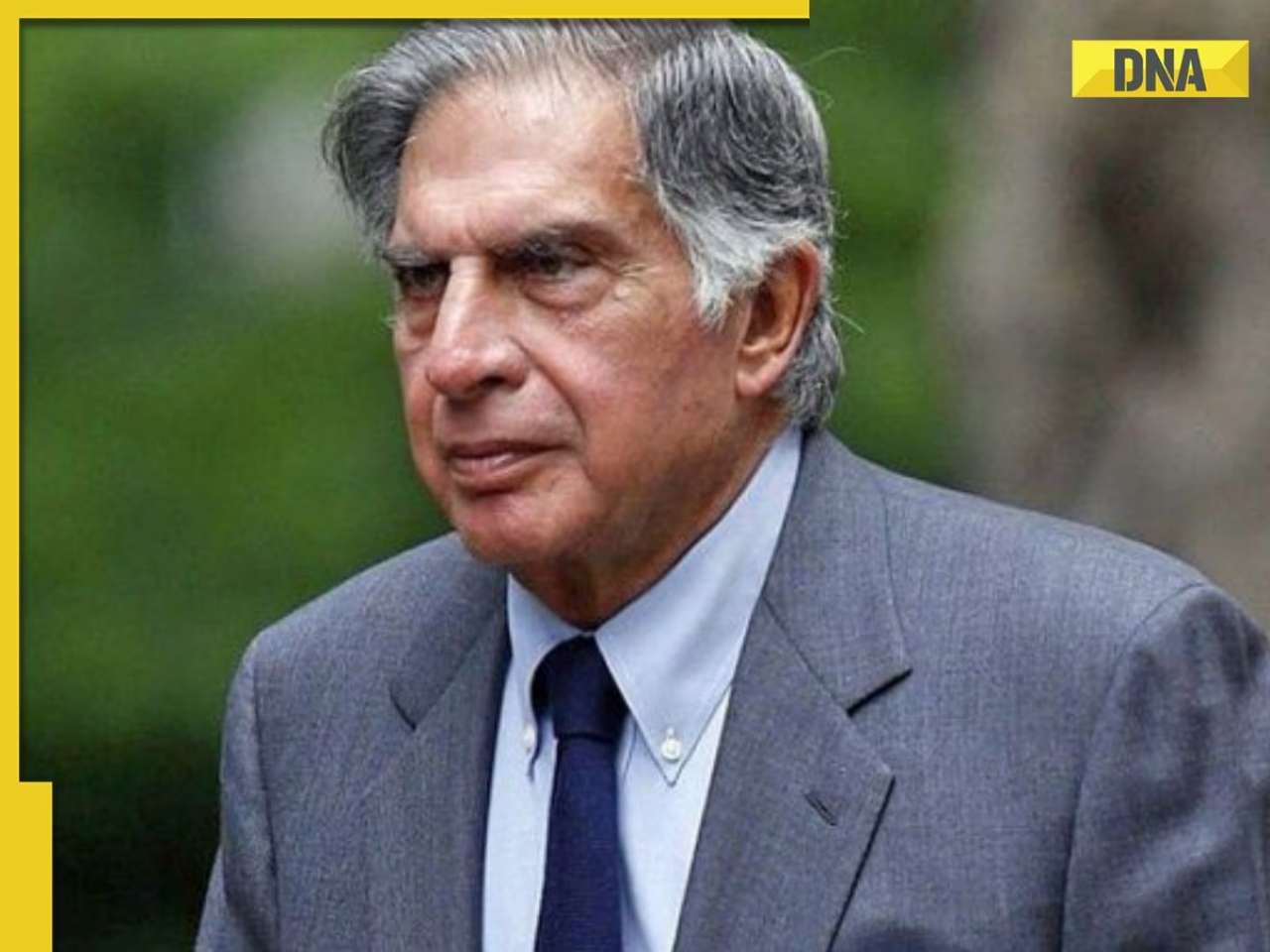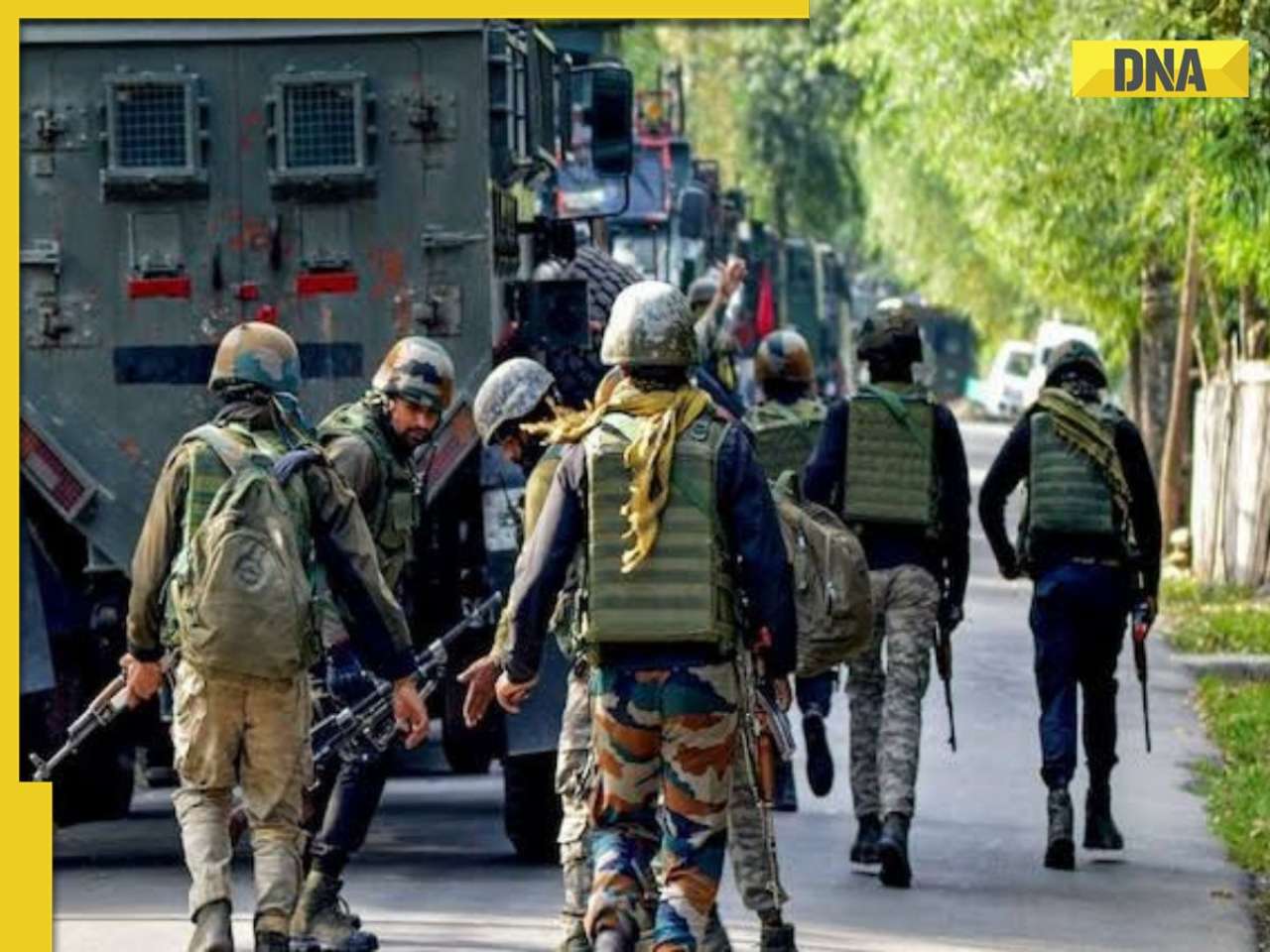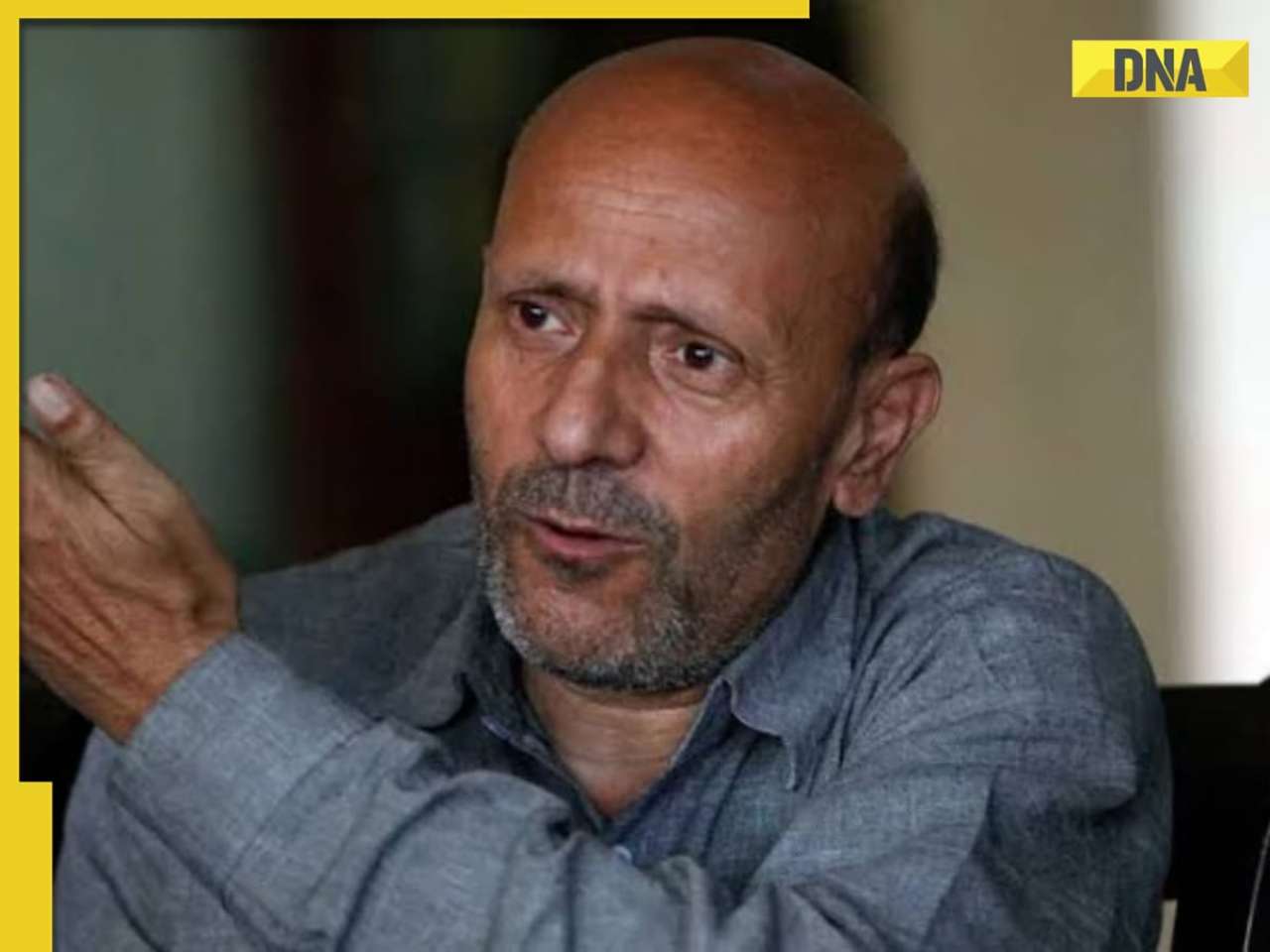In early-May, US officials blamed Hamas for delaying the negotiations. At that time, Israel made a significant concession by dropping its demand to maintain checkpoints inside Gaza.
For weeks, the White House has remained hopeful about securing a ceasefire agreement that would lead to the release of hostages held in Gaza. President Biden first introduced the basic plan for this deal back in July. Since then, numerous American officials have been visiting the region, trying to persuade both Israel and Hamas to come to an agreement. Despite these efforts, no deal has been finalized.
In early-May, US officials blamed Hamas for delaying the negotiations. At that time, Israel made a significant concession by dropping its demand to maintain checkpoints inside Gaza. However, by the beginning of last month, Hamas had softened its stance, made some compromises and signalled a willingness to move forward. Now, Washington sees Israel’s Prime Minister, Benjamin Netanyahu, as the main obstacle in reaching an agreement.
When Everything Falls into Place
This is a good moment for Hamas to negotiate. Although the group still has some military capability, it has been significantly weakened. Many of Hamas’s fighters and top commanders have been eliminated and its leader, Yahya Sinwar, is now isolated from other leaders of the group. There are reports that frustration with Hamas is growing among the people in Gaza. The group has even agreed to give up control over civilian governance in Gaza, indicating its readiness to making concessions.
Hamas officials, upset by Israel’s recent killing of a political leader and negotiator, have said they will not take part in the new talks that have started. However, American officials believe this stance will change and Hamas seems open to meeting the Qatari and Egyptian mediators.
Israel seems to have reached the limit of what it can achieve through military action. Almost all of Gaza has been hit by Israeli bombs and the military is now engaged in a kind of Whac-a-Mole operation—a situation where they repeatedly try to eliminate targets that quickly reappear elsewhere—trying to target Hamas fighters who can easily blend in with the local population.
American officials believe that Israel is gaining less from its ongoing military actions. The remaining Hamas fighters are more difficult to target, while Palestinian civilians, already suffering from the war, are facing even greater hardships. According to the local health ministry, 40,005 Gazans, including both civilians and fighters, have already lost their lives.
Israeli defence officials admit that Netanyahu’s goal of completely eliminating Hamas is not achievable. They believe that diplomacy is the only way to securing the return of around 115 hostages, both living and dead, who are still being held in Gaza. While bold military operations have rescued seven hostages, negotiations have successfully freed over 100. The rest of hostages in Gaza seem to be inaccessible for Israeli commandos as many of them are, possibly, hidden deep inside tunnels and used as human shields to protect Hamas leaders.
Reasons for the Delay
Netanyahu appears unwilling to agree to a permanent ceasefire at this time. American officials had hoped he would finalize a deal after his speech to Congress last month. However, according to The New York Times, Netanyahu has introduced new conditions for a ceasefire. He wants Israel to maintain control of Gaza’s southern border and has partially reinstated demands to screen Palestinians for weapons before they can return to their homes in the north—conditions that negotiators thought Israel had already given up.
One reason could be political. With centrists leaving the government, a ceasefire deal may risk breaking up Netanyahu’s Right-wing coalition. When his defence minister, Gallant, a strong supporter within his party, admitted that “total victory” was not realistic, Netanyahu harshly criticized him, accusing him of promoting an “anti-Israel” view. Gallant made this bold statement to lawmakers during a private security briefing on Monday (August 12).
Even if Netanyahu’s coalition stays intact, ending the war would likely increase pressure for new elections. After the security failures revealed by the October 7, 2023, attack, it is difficult to see Israeli voters bringing Netanyahu back to power. Netanyahu had dissolved his six-member war Cabinet, according to reports on June 17. This decision followed Benny Gantz, the only centrist in the group, leaving the Cabinet a week earlier.
Delaying the ceasefire could give Israeli forces a chance to kill Sinwar, the mastermind behind the October 7 attack, which would be a significant win for Netanyahu and may help restore his image. If the talks continue for a long time, there is also a possibility that Donald Trump could return to the White House and shift the US position to be more in line with Netanyahu’s.
The Price of the Delay
This approach is risky. So far, at least 40 hostages have died in captivity and there are concerns about how much longer the remaining hostages can survive. Quickly reaching a deal may also offer a small chance that Iran and Hezbollah will avoid retaliating for Israel’s recent assassinations.
Hamas started the conflict on October 7 by attacking Israel, killing around 1,200 people and taking hostages to Gaza. When a deal was almost reached, Hamas refused it. Even if Netanyahu agrees to a deal later, Hamas may still back out.
American officials think that Hamas may be willing to give up some power in exchange of a ceasefire and, importantly, a chance to create a Palestinian state. If Netanyahu is not ready to end the conflict, Israel could miss the chance to stop the fighting and some hostages may never return home. This would only deepen the tragedy of the war.
Further Developments
At his New Jersey golf club, Trump expressed his support for Israel’s efforts in its war on terror. He emphasised that he had requested Netanyahu to end the conflict quickly. Trump also claimed that Kamala Harris supported an arms embargo on Israel, saying that, if she won, “Israel would be gone”. He compared Senate Democratic leader Chuck Schumer, who is Jewish, to a Palestinian.
(The author of this article is a Defence, Aerospace & Political Analyst based in Bengaluru. He is also Director of ADD Engineering Components, India, Pvt. Ltd, a subsidiary of ADD Engineering GmbH, Germany. You can reach him at: girishlinganna@gmail.com)
Disclaimer: The views expressed above are the author's own and do not reflect those of DNA)
Find your daily dose of news & explainers in your WhatsApp. Stay updated, Stay informed- Follow DNA on WhatsApp.
![submenu-img]() Vicky Vidya Ka Woh Wala Video: 90s' news readers Rajkummar Rao, Triptii Dimri announce ‘parivarik’ film in hilarious way
Vicky Vidya Ka Woh Wala Video: 90s' news readers Rajkummar Rao, Triptii Dimri announce ‘parivarik’ film in hilarious way![submenu-img]() Weather Update: IMD predicts rainfall in Delhi till this day; issues red alert for these states; check full forecast
Weather Update: IMD predicts rainfall in Delhi till this day; issues red alert for these states; check full forecast![submenu-img]() After Shakib Al Hasan, Ex-Bangladesh captain Mashrafe Mortaza booked for...
After Shakib Al Hasan, Ex-Bangladesh captain Mashrafe Mortaza booked for...![submenu-img]() AlphaVision Management Consultants LLP Aims to Propel India's Economy to $5 Trillion Milestone
AlphaVision Management Consultants LLP Aims to Propel India's Economy to $5 Trillion Milestone![submenu-img]() Premium Pet House Sells 300 Golden Retriever Puppies In August; Addresses The Breed’s Increasing Demand In India
Premium Pet House Sells 300 Golden Retriever Puppies In August; Addresses The Breed’s Increasing Demand In India![submenu-img]() मोदी सरकार का बड़ा फैसला, 70 साल से ऊपर के सभी बुजुर्गों को मिलेगा 5 लाख तक फ्री इलाज
मोदी सरकार का बड़ा फैसला, 70 साल से ऊपर के सभी बुजुर्गों को मिलेगा 5 लाख तक फ्री इलाज![submenu-img]() GNSS Rule: ना FasTag, ना Cash और ना Toll Booth पर कतार, इतने किमी Toll Free होगा सफर, जानें क्या नियम लाई है सरकार
GNSS Rule: ना FasTag, ना Cash और ना Toll Booth पर कतार, इतने किमी Toll Free होगा सफर, जानें क्या नियम लाई है सरकार![submenu-img]() Shocking News: 'मौत का घर' हैं देश के टॉप हॉस्पिटल, ICMR की जांच में मिले डेडली वायरस के 'सुपरबग्स'
Shocking News: 'मौत का घर' हैं देश के टॉप हॉस्पिटल, ICMR की जांच में मिले डेडली वायरस के 'सुपरबग्स'![submenu-img]() 'उनकी लड़ाई कुर्सी की, मेरे लिए कश्मीर...' तिहाड़ से छूटते NC-PDP पर बरसे राशिद इंजीनियर
'उनकी लड़ाई कुर्सी की, मेरे लिए कश्मीर...' तिहाड़ से छूटते NC-PDP पर बरसे राशिद इंजीनियर![submenu-img]() Haryana Elections: जुलाना में कांग्रेस-AAP के बीच 'दंगल', पहलवान विनेश फोगाट के खिलाफ WWE रेसलर को उतारा
Haryana Elections: जुलाना में कांग्रेस-AAP के बीच 'दंगल', पहलवान विनेश फोगाट के खिलाफ WWE रेसलर को उतारा ![submenu-img]() This car sets new Guinness world record for becoming longest driving EV on a single charge; it cost Rs…
This car sets new Guinness world record for becoming longest driving EV on a single charge; it cost Rs…![submenu-img]() MG Windsor EV launched in India: Check price, features, design of India’s first ‘CUV’
MG Windsor EV launched in India: Check price, features, design of India’s first ‘CUV’![submenu-img]() Nikhil Kamath-backed company to compete with Ola Electric as it plans to launch…
Nikhil Kamath-backed company to compete with Ola Electric as it plans to launch…![submenu-img]() Auto giant gifts Olympic medallist Manu Bhaker this car, it costs Rs...
Auto giant gifts Olympic medallist Manu Bhaker this car, it costs Rs...![submenu-img]() Union Minister Nitin Gadkari says this big carmaker ignored his advice on EVs, 'now they've…'
Union Minister Nitin Gadkari says this big carmaker ignored his advice on EVs, 'now they've…'![submenu-img]() Meet Alankrita Shakshi, hired for record-breaking package at Google, not from IIT, IIM, her whopping salary is…
Meet Alankrita Shakshi, hired for record-breaking package at Google, not from IIT, IIM, her whopping salary is…![submenu-img]() Meet woman who left high-paying engineering job to crack UPSC exam, got AIR 6 with self-study, she is now posted as…
Meet woman who left high-paying engineering job to crack UPSC exam, got AIR 6 with self-study, she is now posted as…![submenu-img]() Meet man, who was forced to marry at 11, had first child at 20, cracked NEET exam in 5th attempt, he is now...
Meet man, who was forced to marry at 11, had first child at 20, cracked NEET exam in 5th attempt, he is now...![submenu-img]() Meet woman, who worked as an assistant professor, cracked UPSC exam in fifth attempt, got AIR...
Meet woman, who worked as an assistant professor, cracked UPSC exam in fifth attempt, got AIR...![submenu-img]() Meet Indian genius who completed PhD at 21, became IIT professor at 22, was sacked from job after few years due to...
Meet Indian genius who completed PhD at 21, became IIT professor at 22, was sacked from job after few years due to...![submenu-img]() BSF Jawan Injured As Pakistan Violates Ceasefire Near LoC Days Before Jammu Kashmir Elections 2024
BSF Jawan Injured As Pakistan Violates Ceasefire Near LoC Days Before Jammu Kashmir Elections 2024![submenu-img]() Rahul Gandhi US Visit: Rahul Gandhi Criticizes BJP And RSS At National Press Club, US | INDIA
Rahul Gandhi US Visit: Rahul Gandhi Criticizes BJP And RSS At National Press Club, US | INDIA![submenu-img]() Kolkata Doctor Case: ED Reveals Properties Of RG Kar Ex-Principal Sandip Ghosh Found In Raids
Kolkata Doctor Case: ED Reveals Properties Of RG Kar Ex-Principal Sandip Ghosh Found In Raids![submenu-img]() Manipur Violence: Curfew Imposed In Three Manipur Districts Amid Drone, Rocket Attacks By Insurgents
Manipur Violence: Curfew Imposed In Three Manipur Districts Amid Drone, Rocket Attacks By Insurgents![submenu-img]() Kolkata Doctor Case: Victim's Mother Blasts CM Mamata Banerjee's 'Insensitive' Durga Puja call
Kolkata Doctor Case: Victim's Mother Blasts CM Mamata Banerjee's 'Insensitive' Durga Puja call![submenu-img]() AlphaVision Management Consultants LLP Aims to Propel India's Economy to $5 Trillion Milestone
AlphaVision Management Consultants LLP Aims to Propel India's Economy to $5 Trillion Milestone![submenu-img]() This car sets new Guinness world record for becoming longest driving EV on a single charge; it cost Rs…
This car sets new Guinness world record for becoming longest driving EV on a single charge; it cost Rs…![submenu-img]() Ratan Tata's company loses Rs 21881 crore in 6 hrs due to...
Ratan Tata's company loses Rs 21881 crore in 6 hrs due to...![submenu-img]() Meet man, who was abandoned as child, runs Rs 3608487 crore company, richer than Mark Zuckerberg, his net worth is...
Meet man, who was abandoned as child, runs Rs 3608487 crore company, richer than Mark Zuckerberg, his net worth is...![submenu-img]() Meet woman who became CEO at 30, has this Mukesh Ambani, Isha Ambani link, she is...
Meet woman who became CEO at 30, has this Mukesh Ambani, Isha Ambani link, she is...![submenu-img]() This actress became star at 11, was shot dead by husband on son's birthday; then her daughter...
This actress became star at 11, was shot dead by husband on son's birthday; then her daughter...![submenu-img]() Carlos Alcaraz to Aryna Sabalenka: World’s highest-paid Tennis players of 2024
Carlos Alcaraz to Aryna Sabalenka: World’s highest-paid Tennis players of 2024![submenu-img]() Made in Rs 6 lakh, grossed Rs 800 crore, bigger than RRR, Jawan: Why most profitable film ever paid actors just Rs 20000
Made in Rs 6 lakh, grossed Rs 800 crore, bigger than RRR, Jawan: Why most profitable film ever paid actors just Rs 20000![submenu-img]() Priyanka Chopra stuns in black, poses with Kim Kardashian, Julianne Moore, Salma Hayek at Caring for Women dinner
Priyanka Chopra stuns in black, poses with Kim Kardashian, Julianne Moore, Salma Hayek at Caring for Women dinner![submenu-img]() US 9/11 attack: 7 lesser known facts about September 11 terror attack
US 9/11 attack: 7 lesser known facts about September 11 terror attack![submenu-img]() Weather Update: IMD predicts rainfall in Delhi till this day; issues red alert for these states; check full forecast
Weather Update: IMD predicts rainfall in Delhi till this day; issues red alert for these states; check full forecast![submenu-img]() Premium Pet House Sells 300 Golden Retriever Puppies In August; Addresses The Breed’s Increasing Demand In India
Premium Pet House Sells 300 Golden Retriever Puppies In August; Addresses The Breed’s Increasing Demand In India![submenu-img]() J-K: Two terrorists killed in intense encounter near Kathua-Udhampur border
J-K: Two terrorists killed in intense encounter near Kathua-Udhampur border![submenu-img]() BJP members protest against Rahul Gandhi over his 'Sikh remarks' in US, seeking...
BJP members protest against Rahul Gandhi over his 'Sikh remarks' in US, seeking...![submenu-img]() J&K terror funding case: ‘My fight is for…’, says MP Engineer Rashid after walking out of Tihar jail on bail ahead of…
J&K terror funding case: ‘My fight is for…’, says MP Engineer Rashid after walking out of Tihar jail on bail ahead of…










































)
)
)
)
)
)
)
)
)
)
)
)
)
)
)





)
)
)
)
)
)